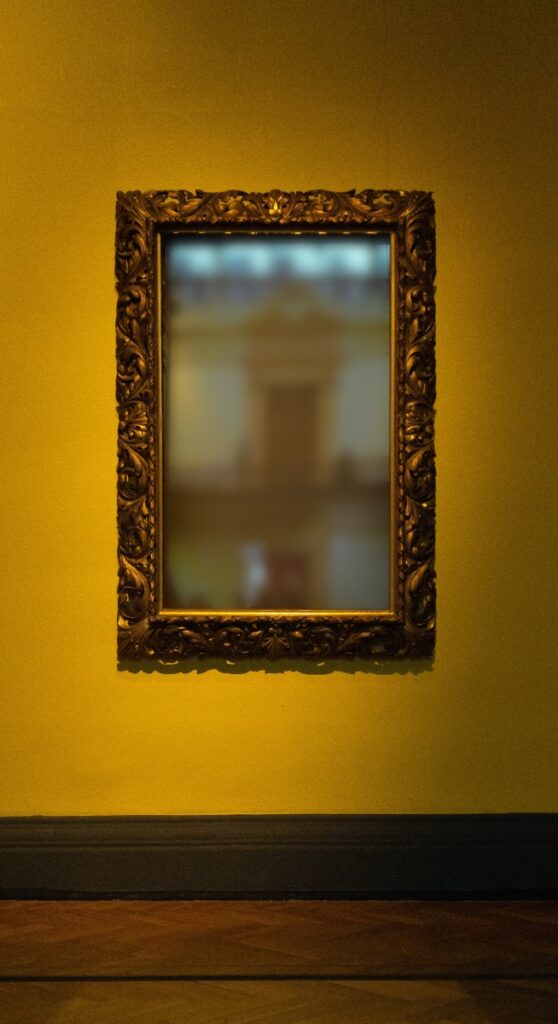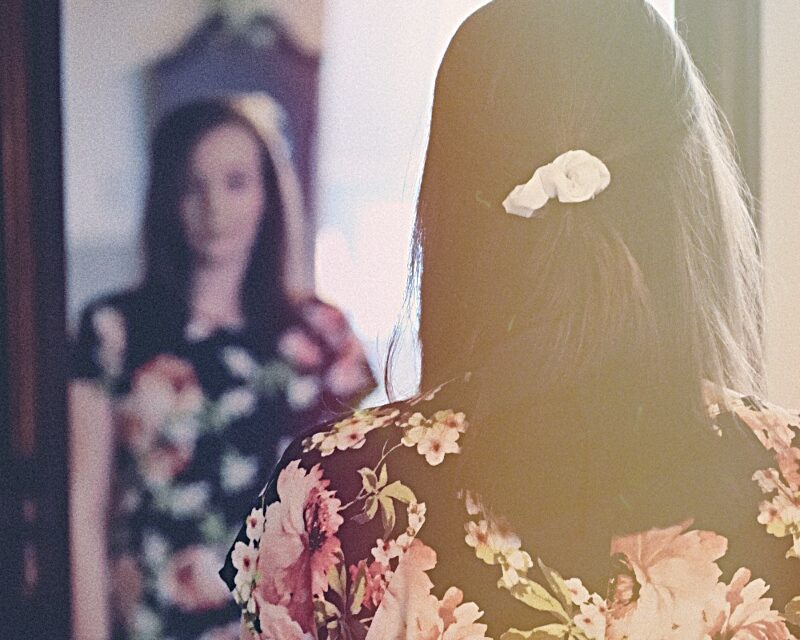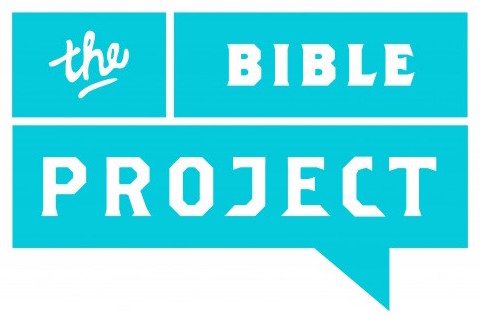I believe that everyone, at their core, wants to uncover their true selves, who God made them to be. It’s just that some take wrong paths or mistake their shadow for their true self. We can’t always see what inhibits our path toward freedom and wholeness. This is why we need to locate mirrors in our lives. Mirrors help us see. They can reveal not just our shadows and weaknesses, but our strengths and worth. Where are the mirrors? Let’s explore a few places we can find them.

A Partner or Spouse
My wife Sarah and I run a marriage preparation program for engaged couples and one purpose of marriage, we tell them, is to help your partner become their best and truest self. Pope Francis even says that marriage is “a dynamic path to personal development” (Amoris Laetitia, 37). Sarah is amazing at holding up a mirror to me. Sometimes it comes in a vulnerable conversation, or in the wake of an argument. When I am with her I can see more clearly my own areas of growth. Note that I’m not talking about nagging or pointing out all the flaws in the other – that’s not what a mirror does. A mirror helps you notice these things. When I say something hurtful to Sarah, though I may not intend it, I can see its effect on her. When she tells me how she feels (rather than attacking me) I can look more closely at myself, my own actions. Sarah has also pointed out my gifts and strengths. An intimate loving relationship seeks the growth of the other, which benefits the couple as a unit.
Children
Similarly, those of us who are parents can see when we fail to be our true and loving selves with our children. When I snap at my kids and see their upset—or even fear—I know I am not being my best self with them. Children are generally living their true selves. This is how we come out of the womb! They haven’t yet accumulated false-self layers. Child experts will tell you that misbehaviour often has a legitimate purpose: the child isn’t getting adequate and necessary attention from their parents or they haven’t been given enough opportunity for autonomy or choice. A parent operating out of their true self doesn’t suppress frustration; they continue loving their child through it and attend to the child’s needs. When my daughter is seeking attention from me and I snap back at her because I’m trying to send work emails, a mirror is suddenly placed in my view and I see how much I’ve been absorbed in my own work. The mirror that is my children help me assess who God is calling me to be as a parent.
Spiritual Direction
The role of a spiritual director is primarily to be a mirror who reflects back what you share about your life and relationship with God. The director may ask questions that help you more deeply examine your experience. Simply processing things out loud with my spiritual director reveals things I did not notice before. Some have this experience when sharing with a trusted friend. A true friend, like a good spiritual director, listens and notices with you. And they may point out certain things they see, all to help you grow more into the person God made you to be. This is like approaches in psychotherapy where you come to recognise patterns and behaviours in yourself in the counselling process. Seeing truths with our own eyes is much more fruitful than being shown things in our blindness.
Prayer
We cannot easily hold a mirror up to ourselves, which is why loved ones, close friends, and spiritual directors can be very helpful to our growth. They possess the mirror. But even more vital to this endeavour is the mirror God holds up to us. We can access this mirror through prayer and—a fitting word—reflection. Prayerful reflection is never a solitary task. Even as we pray the Examen and reflect on our day, we do not do it in the absence of God. The Examen, really, is looking through God’s eyes at ourselves. The mirror is God’s loving gaze which allows us to glimpse ourselves from a divine perspective. The curtain is drawn back a bit and we get to see those places where we were living more into our shadow-selves than our true selves. God’s mirror attempts to redirect the light onto who we really are, those parts we sometimes cover up.
In his First Letter to the Corinthians, Paul says, “For now we see in a mirror, dimly, but then we will see face to face. Now I know only in part; then I will know fully, even as I have been fully known” (1 Corinthians 13:12). God already knows us fully. But we must begin to know ourselves more fully. Our image of ourselves is always going to be a bit dim, but as we journey on a path toward God we encounter clearer and clearer mirrors along the way, via our partners, friends, children, spiritual companions, and in prayer. No wonder breaking a mirror has been considered bad luck! Self-knowledge reveals God’s activity within our lives, and God helps uncover self-knowledge. As a result, we can shed the false-self layers, shine light on the shadows, and become more free of the things that block our wholeness. The true self is already there, within us. We just have to see it.
Who are the mirrors in your life? Do you have a balance of people and prayer?
Related posts:
- Who Am I? – A Meditation
- Intimately Created – A Meditation on Psalm 139
- Who You Are: Moana’s Call to Discernment
Listen to the podcast version of this post…









Andy, beautifully stated.